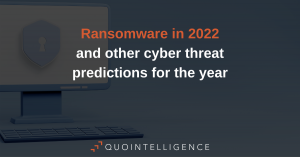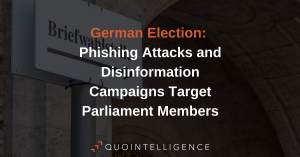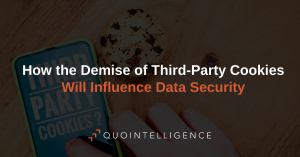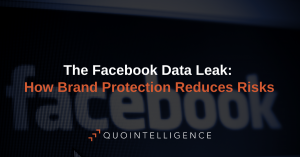
Ransomware is here to stay and other cybersecurity predictions for 2022
Cybersecurity continues to be a pressing topic for organizations from all industries. And the ongoing rise of ransomware attacks will
Explore our comprehensive archive organized by taxonomy. Discover a wealth of information categorized by subject, theme, or type to enhance your research and understanding.

Cybersecurity continues to be a pressing topic for organizations from all industries. And the ongoing rise of ransomware attacks will

PolitikerInnen werden aus unterschiedlichen Gründen immer wieder von Cyber-Kriminellen attackiert. Besonders ausländische Akteure zeigen dabei großes Interesse an nationalen Wahlen.

Politicians are being targeted by cybercriminals all the time for a variety of reasons. Foreign threat actors show great interest

Business travelers face a unique risk of being targeted by cybercriminals. This brief article collects our most valuable tips for

The situation in Afghanistan remains in flux, and key economic, political, and diplomatic issues continue to evolve. While these issues

Countries around the world are creating frameworks to curb CO2 emissions, such as through banning petrol cars. These frameworks, as

The International Organization for Standardization (ISO) recently presented updates to the ISO 27002 standard, which consolidates chapters and controls, as

DarkSide’s ransomware attack on Colonial Pipeline has brought dark shadows over the group from inside the cybercriminals community. Will ransomware

The death of the third-party cookie is near. Introducing new privacy-friendly features and alternatives to increase data security.

An unsecured database consisting of 533 million Facebook users’ data was made publicly available last week and raises the necessity
Try searching our blog

Russian GRU Campaign Targets European Companies In Logistics, Maritime and IT Sectors Over Ukraine Support – US Sanctions Russian Bulletproof Hosting Provider Aeza Group For Supporting Ransomware And Cybercrime

Dire Wolf Ransomware Surfaces, Targeting Worldwide Industries | Fragile Ceasefire In Israel – Iran Conflict, Security Situation Highly Volatile

EchoLeak Zero Click Vulnerability Enables Data Exfiltration From Microsoft 365 Copilot Without User Interaction | Tensions In the Middle East: Countries Prepare Evacuations of Citizens In Israel and Iran

This first article in a three-part series explores Russia’s model of outsourcing cyber operations to non-state actors. Drawing on leaks, indictments, and intelligence sources, the study analyzes how Russia leverages private companies, hacktivist collectives, and eCrime groups to expand and strengthen its cyber capabilities.